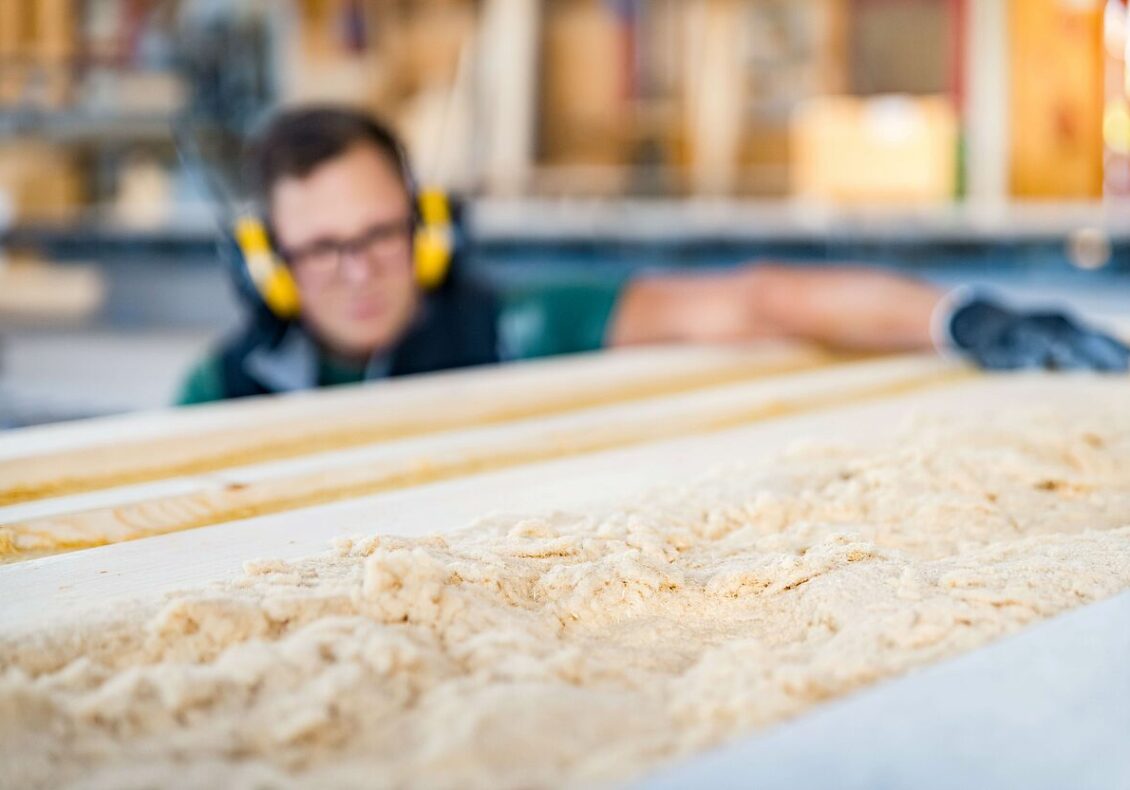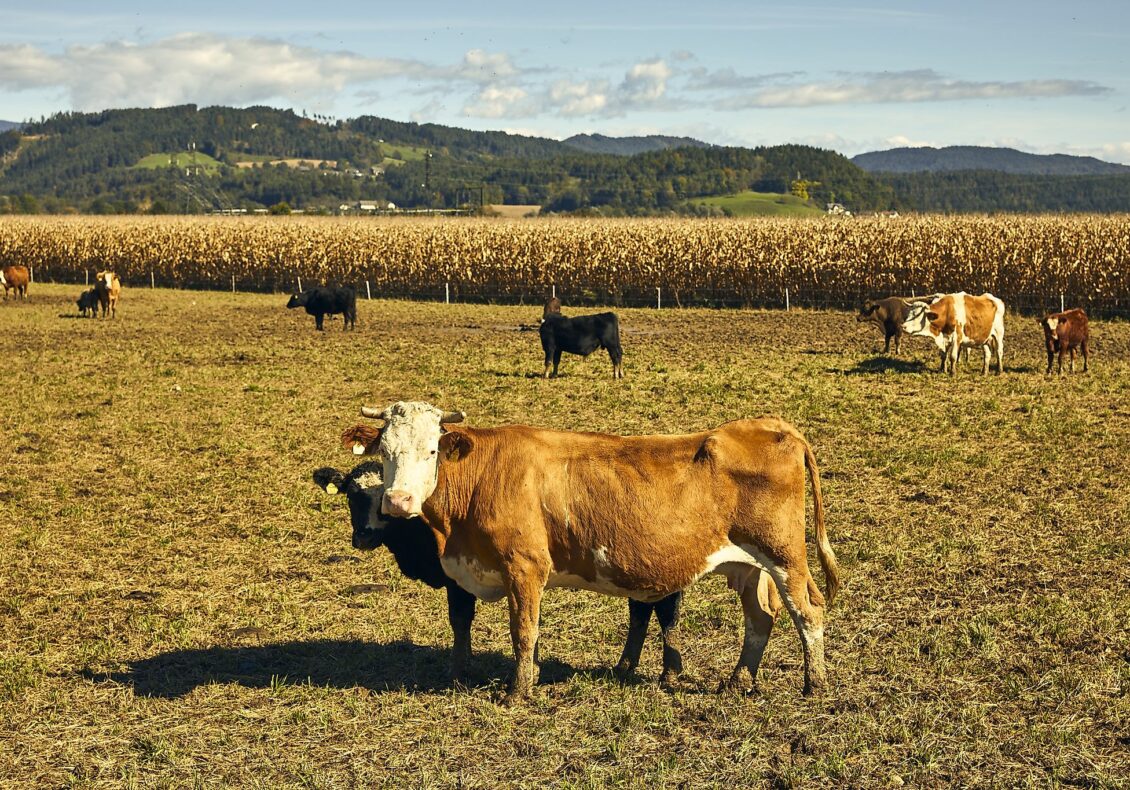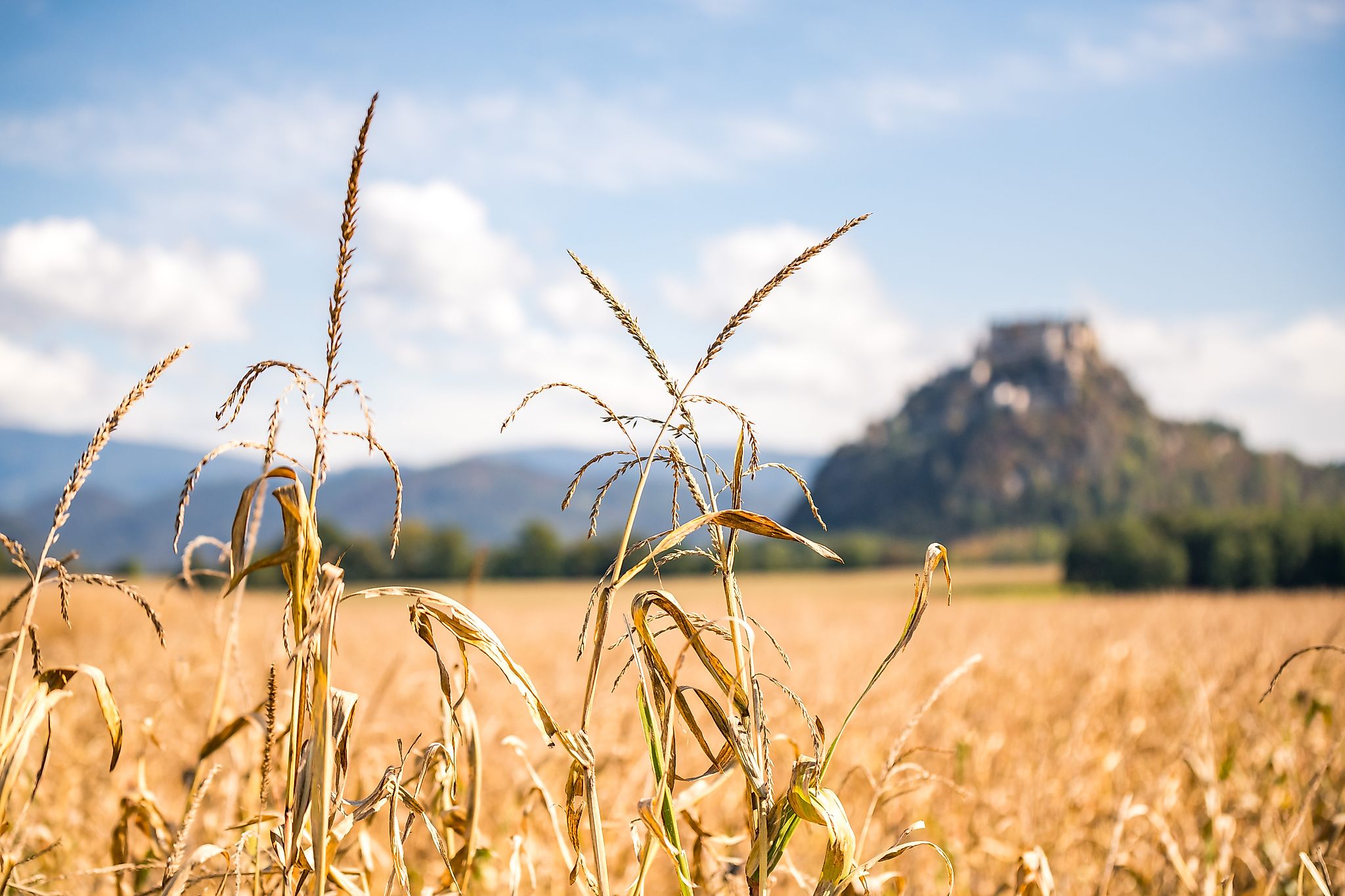Sustainable thinking in Carinthian
agriculture and forestry
Carinthia is one of the most densely wooded provinces in Austria:
almost 60 percent of the area is covered by forest. The forestry and timber industry is
therefore one of Carinthia’s areas of strength, alongside electronics-based systems and
green technologies. For example, around a quarter of the world’s cross-laminated timber is
produced in Carinthia. With ground-breaking projects and initiatives, the region is setting a sustainable
focus for the future of wood and wants to expand the visibility of its expertise beyond its borders.
This opens up interesting opportunities for cooperation and cross-border collaboration for companies in different sectors.
Environmental friendliness and sustainability are the top priorities in Carinthia –
for a comprehensive, economically sound and efficient agricultural and forestry sector in this vital rural area.

Monte Nero Productions
Environmental friendliness, innovation and bioeconomy as key concepts
Day after day, Carinthian agriculture and forestry fulfil a variety of important functions in the worlds of bioeconomic thinking and the cyclical principles of nature: as producers of high-quality food, as managers of alpine pastures, forests and protective forests, as architects of the cultural landscape or as service providers. The development of agriculture and forestry has implications beyond its own sector and drives value creation cycles in various areas.
1. Wood as an economic driver
The forestry and timber industry is massively important to Austria’s economy, with around 280,000 employees, of whom around 20,000 live and work in Carinthia. Carinthia is also home to at least 160 timber industry companies with around 3,000 employees, 180 carpentry firms with around 1,000 employees, 750 joinery firms with around 2,000 employees and a paper factory with around 500 employees. Wood is also a strong driver of exports: after tourism, timber and timber products are the second most important source of foreign currency in foreign trade.

Monte Nero Productions
2. Strong networking
Carinthia uses its extensive expertise in wood as a material and its many possible uses, both in research and development and in practical applications. Through networking, for example via the Timber Innovation Network Alpe Adria (TINAA) association, the International Timber Fair and research facilities such as Kompetenzzentrum Holz GmbH (Wood K plus) in St. Veit an der Glan, the Province of Carinthia is strengthening innovative and sustainable solutions. Applied research at the nexus of business and science enables resource-conserving management in the cyclical bioeconomy.

©Standortmarketing Kärnten | Michael Stabentheiner
3. Committed family businesses
According to the latest agricultural structure survey, there are around 18,000 agricultural and forestry businesses registered in Carinthia, 93% of which are run as family businesses. If we extrapolate this to an average household size of five people, that means almost 90,000 Carinthians live and work on a family farm – and their conscientious approach to nature makes a significant contribution to the region’s sustainable development.

Monte Nero Productions
4. Organic farming
Just under 2,000 agricultural and forestry businesses in Carinthia – which amounts to around 10% – have been awarded the organic label, with both the number of organic farms (+521) and organically farmed areas (+17,093 ha incl. alpine pastures) having risen significantly over the past ten years. In keeping with this responsible approach to nature, Carinthia has a reputation for excellent eating, where high-quality regional foods come straight from the field or lake to the plate or glass.

Johannes Puch

Shutterstock
Landwirtschaftskammer Kärnten
Museumgasse 5
9020 Klagenfurt am Wörthersee | Austria
T: +43 (0) 463 5850
E-Mail: office@lk-kaernten.at
Zur Website

